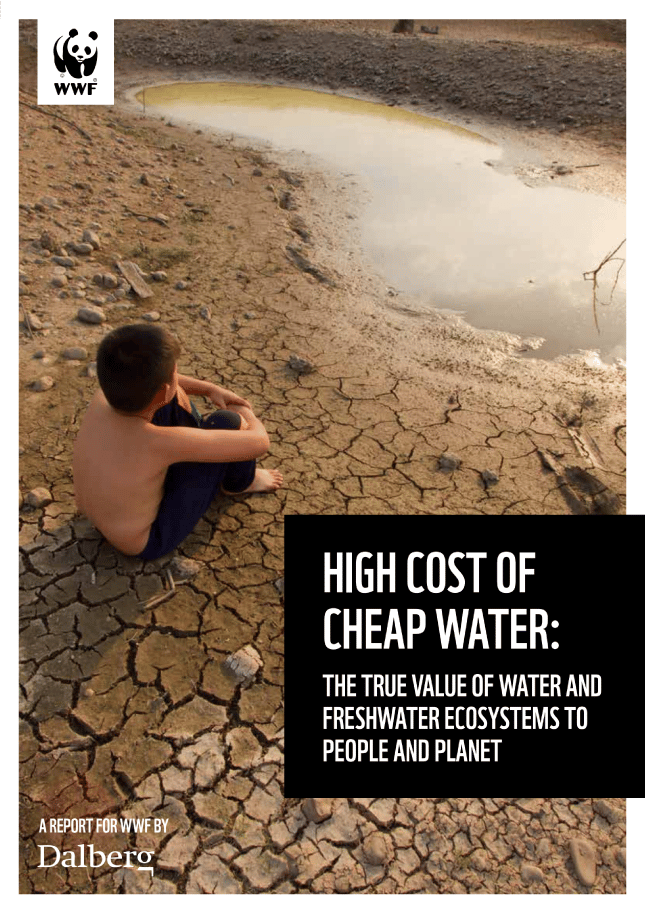
People and planet are paying the price for undervaluing freshwater ecosystems

© Shutterstock / Piyaset / WWF
Water is the world’s most precious resource. Healthy freshwater ecosystems underpin our societies and economies and are central to tackling the global climate and nature crises. Yet they have been consistently undervalued - fuelling their destruction and exacting a profound toll on people and planet.
Now for the first time, we have an estimate of the economic value of water and freshwater ecosystems. And it’s huge.
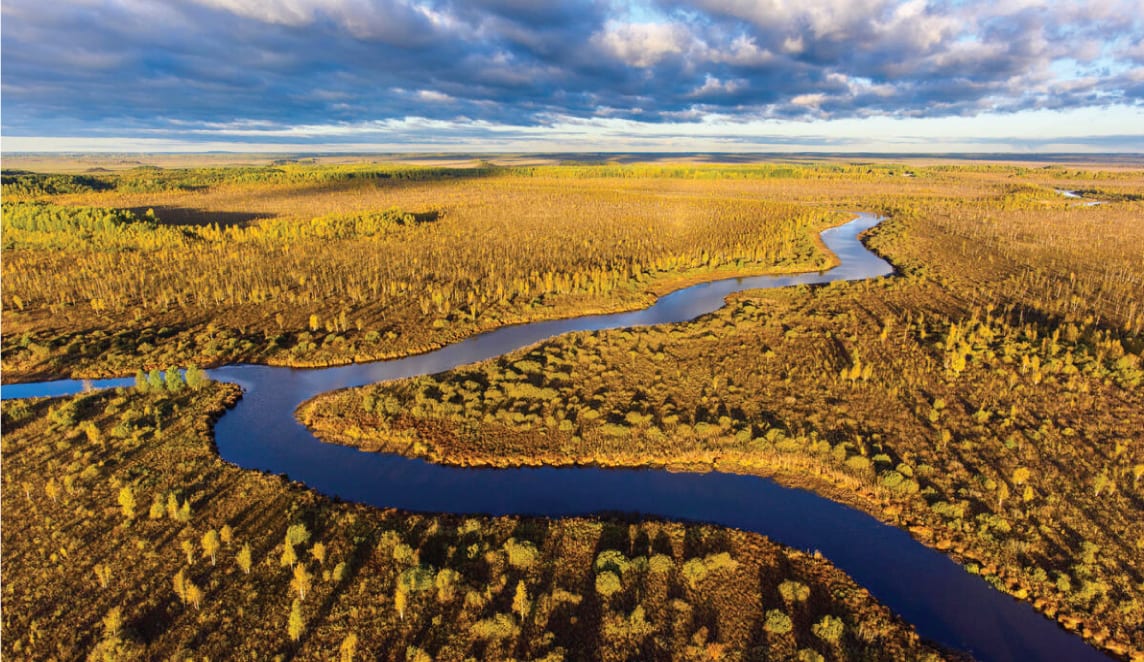
© naturepl.com / Sven Zacek / WWF
We can rise to this
enormous challenge.
But only if we stop undervaluing water and the world’s rivers, lakes, wetlands and aquifers.
Extreme floods and droughts are wreaking ever increasing havoc. Freshwater biodiversity is in freefall. We urgently need to transform the world’s approach to water - and the freshwater ecosystems that store and supply it.
Billions of people still lack access to clean water or proper sanitation. Growing water risks threaten food security and livelihoods.
Water is central to all life on Earth. Yet we are facing a worsening water crisis.
But this figure pales in comparison to the indirect value of freshwater ecosystems.

Our new report estimates that their direct economic value for our households, agriculture, businesses and industries is a minimum of US$7.5 trillion per year. Equivalent to 7% of global GDP - or the combined GDP of Germany and France.
economic value
© Patrik Oening Rogigues / WWF-Brazil
The risks are clear. And so is a central part of the solution - protecting, restoring and sustainably managing freshwater ecosystems to accelerate adaptation to the worsening water-related impacts of climate change.
Growing populations and economies will further strain already stressed freshwater ecosystems. While climate change will also exacerbate the crisis as its impacts will primarily be felt through water with dry areas becoming drier, and wet areas wetter.
2/3rds of recent natural disasters have been water related. And the forecast is for even more extreme floods, droughts and storms.
While shifting rainfall patterns and river flows will impact water supplies as well as rain-fed and irrigated agriculture. And the resilience of businesses and entire economies.
And it’s only going to get worse.
Overall, rivers support 1/3rd of global food production. While much of this is irrigation, rivers also sustain freshwater fisheries that feed 200 million people, including Indigenous Peoples and local communities across Africa, Asia and Latin America. And agriculturally rich deltas, including some of the great rice baskets of the world. But despite all this, the world remains largely blind to the bigger picture. So we have failed to prioritize the health of our rivers, lakes, wetlands and aquifers. And created this global water crisis.
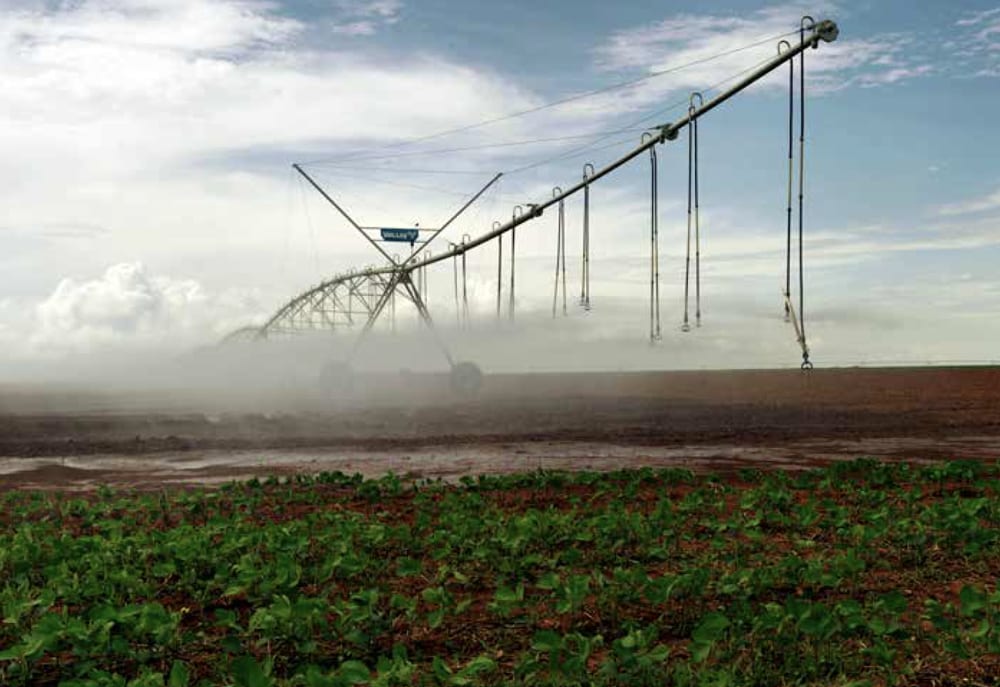

© Peter Caton / WWF-UK
But 75% of irrigated crops are already grown in water-stressed areas. And this figure is rising, especially as unsustainable irrigation is making the situation worse – drying up rivers and lakes and emptying aquifers. But the critical importance of healthy freshwater ecosystems to ensuring that the world can sustainably feed up to 10 billion people extends beyond irrigation.
Agriculture currently accounts for over 70% of all the freshwater that people extract from surface and groundwater - irrigating cropland that produces 44% of the world’s food.
The water crisis is also threatening agricultural production and food security.
© Shutterstock / Suriya99 / WWF
Freshwater ecosystems are the most threatened across the globe. And the threats will only increase unless we start factoring in all the diverse values of these ecosystems – our freshwater life support systems – into development decisions.
Yet these essential benefits continue to be undervalued and overlooked. Decision makers can’t seem to see the freshwater ecosystems for the water. Viewing rivers as mere pipes, wetlands as just wastelands to be converted, and aquifers as resources to pump and pollute without problem. But this blinkered approach has caused huge problems - for all of us. Because at the heart of the world’s water crisis is the degradation of our rivers, lakes, wetlands and aquifers. We’ve lost 1/3rd of our remaining wetlands in the last 50 years, while only 1/3rd of long rivers are still free flowing.
Decision makers have always focused primarily on extracting water, while overlooking the other, diverse values of healthy freshwater ecosystems. Like natural defenses against extreme floods and droughts. Water purification and storage. Sediment flows that sustain mangroves and keep densely populated deltas above the rising seas. And their critical role in sustaining not just freshwater biodiversity but nature on land and sea.
© Shutterstock / Benozaur / WWF
Freshwater ecosystems are biodiversity hotspots - home to 10% of all known species despite covering just 1% of the Earth. Incredibly, one third of vertebrate species – including more than half of all known fish species – are supported by freshwater habitats. But 1/3rd of freshwater species are now threatened with extinction. And freshwater species and ecosystems are the most at risk globally.
The clearest sign of the damage we have done - and are still doing - to our rivers, lakes and wetlands is the staggering 83% decline in freshwater species populations since 1970.
There is growing awareness of the global nature crisis. But the world has still not woken up to the central role of freshwater ecosystems in driving the crisis – and solving it.
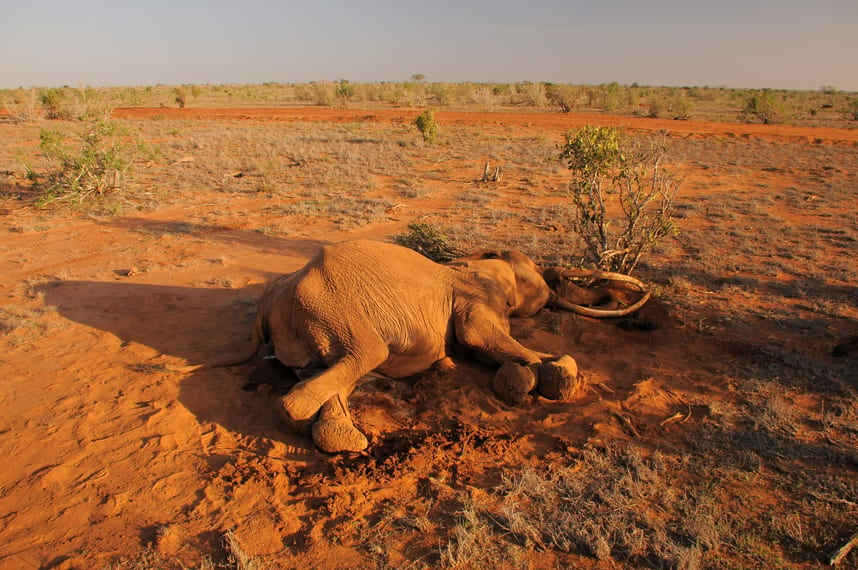
"In the last year, at least 179 elephants have died of thirst, whereas poaching has claimed the lives of fewer than 10"
Najib Balala
Kenyan Tourism & Wildlife Secretary (2022)
© Miroslav Ludma / Shutterstock
And it’s not just freshwater species that are at risk. Freshwater ecosystems are also critical for the health of countless species on land and in the sea - particularly rivers which connect the two.
Doñana is a UNESCO heritage site, Ramsar site, Biosphere reserve, Natura 2000 site and National Park, and home to more than 200 endemic and endangered species. The wetlands are also a hotspot for migratory bird species traveling between Northern Europe and Africa. It also sustains local communities and economies, including large-scale fruit production.
However, Doñana is drying out due to the overextraction of aquifers and surface water for industrial agriculture and unsustainable tourism.
Doñana
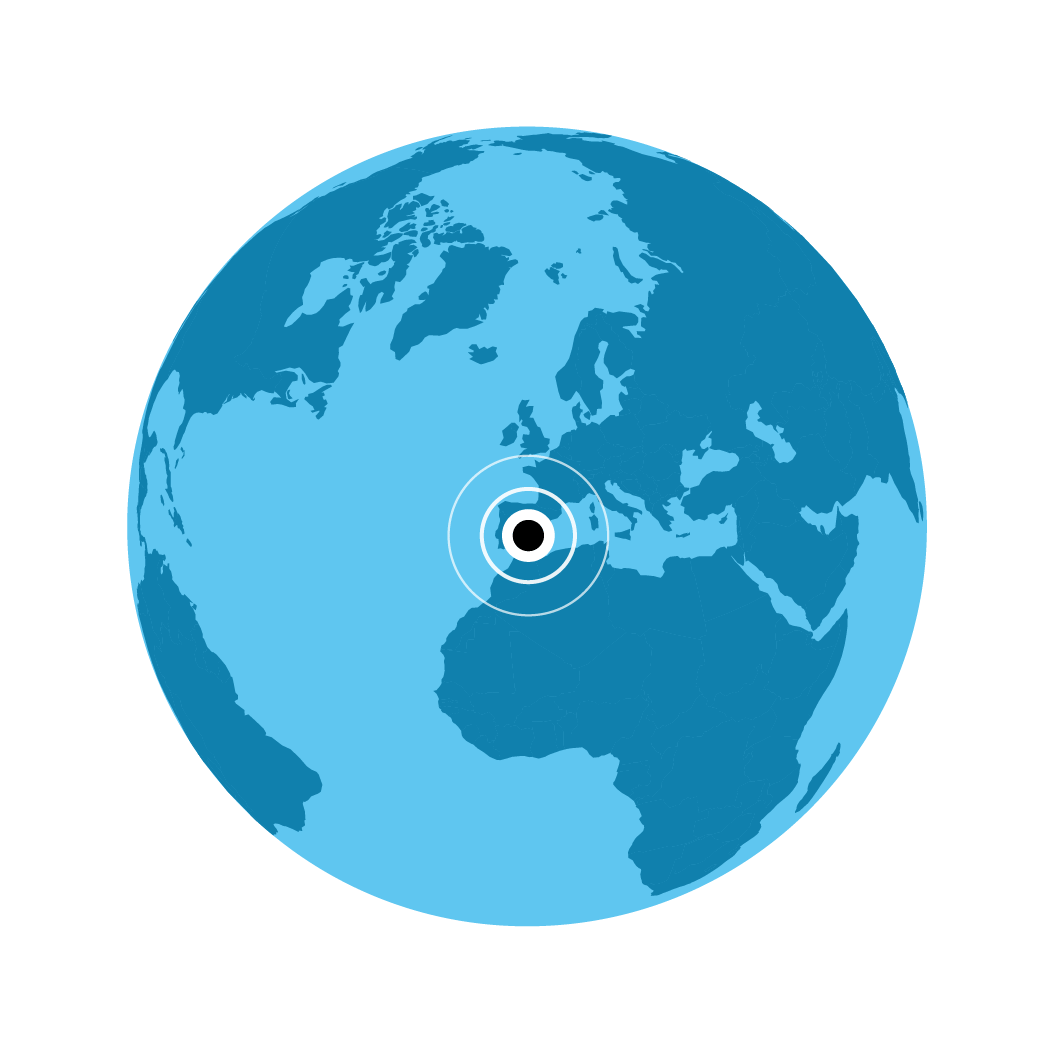
Image: © JORGE SIERRA / WWF-Spain
The Mekong Delta contributes half of Viet Nam’s rice production and 95 per cent of its rice exports, which feed other regions across the world. However, the degradation of freshwater ecosystems is threatening food security due to sand mining and dam construction. National demand for sand, predominantly for use in the construction industry and for landfills, has grown to several hundred million tons per year. As a result, annual extraction volumes from river beds exceed the rates of natural sediment deposition, leading to altered river hydrology, reduced water supply and increased river bank and coastal erosion.
Mekong delta
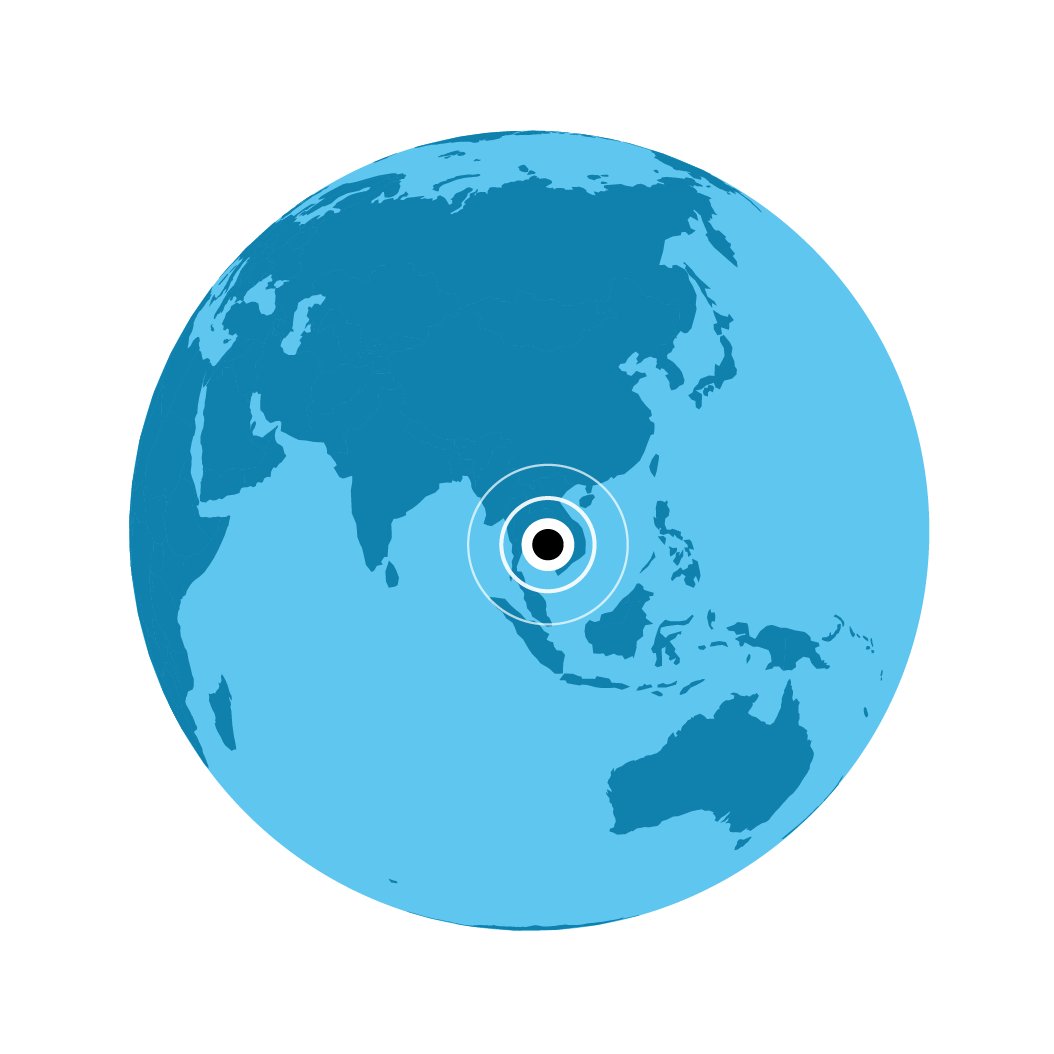
Image: © WWF-Viet Nam / Cham Team
The Amazon river basin boasts some of the world’s most diverse ecosystems. However, it is facing increasing threats - not only from deforestation but also from poorly planned infrastructure and mercury pollution from illegal gold mining. Mercury contamination of the rivers is having devastating impacts on the Amazon’s vital freshwater fisheries and the health of Indigenous Peoples and local communities who rely on them - as well as on river dolphins and jaguars. There is an urgent need to enforce existing regulations and promote sustainable alternatives.
the amazon
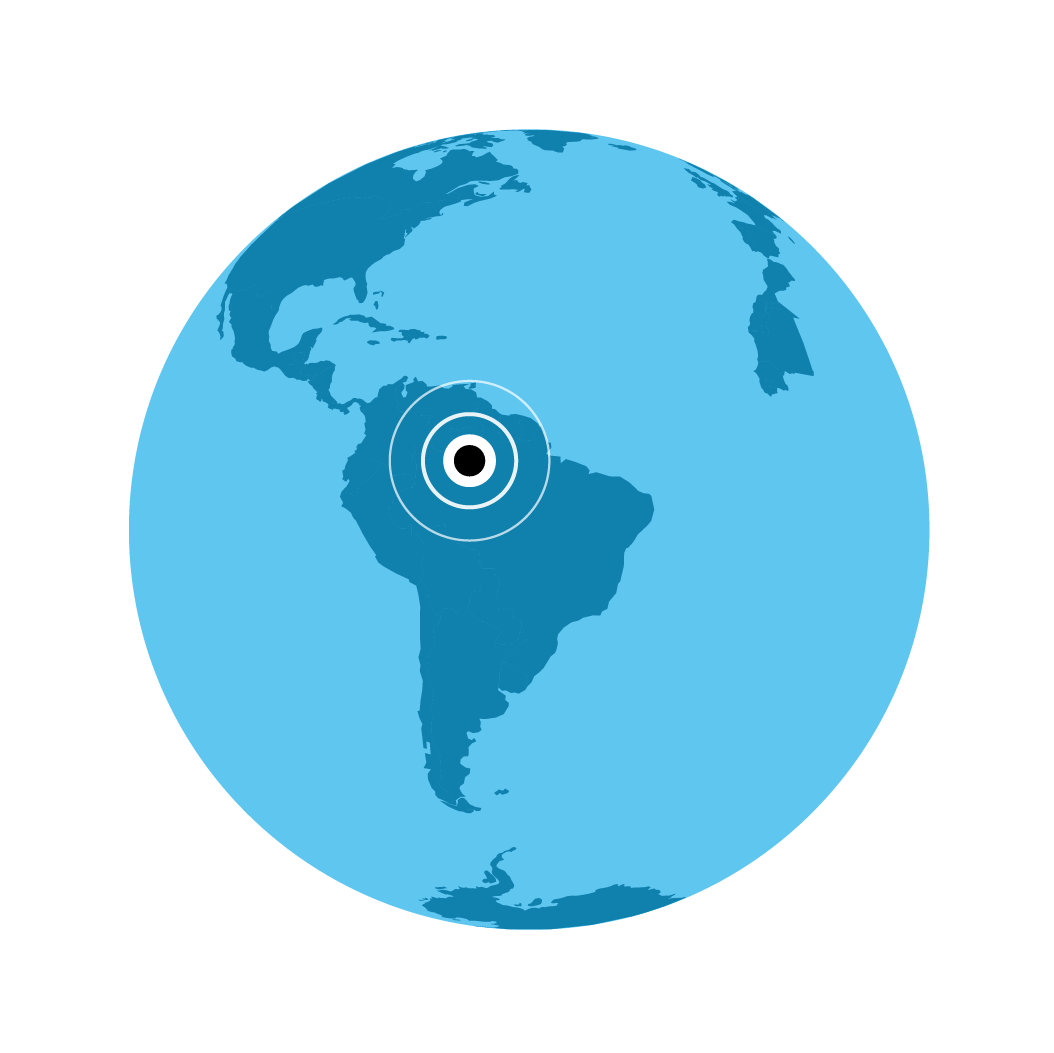
Image: © naturepl.com / Franco Banfi / WWF
Everyone has a role to play in tackling the world’s freshwater crisis but real progress depends on urgent action by key stakeholders.
call to action
Governments should:
- Restore and protect vital freshwater ecosystems via the Freshwater Challenge
- Integrate river and water resource management systems
- End harmful subsidies
- Implement adaptable water allocation
- Sustainably manage groundwater resources and invest in natural water storage through Nature-based Solutions

Industry and business should:
- Develop transformative water stewardship strategies
- Increase and disclose water risk assessments
- Invest in enhancing efficiency and reducing pollution while considering allocation
- Increase collective action for resilience
- Advocate for action

Financial institutions should:
- Dedicate 50% of public climate finance to adaptation
- Reduce water-related financial risks
- Climate-proof insurance
- Assess water-related financial risks to their portfolios.

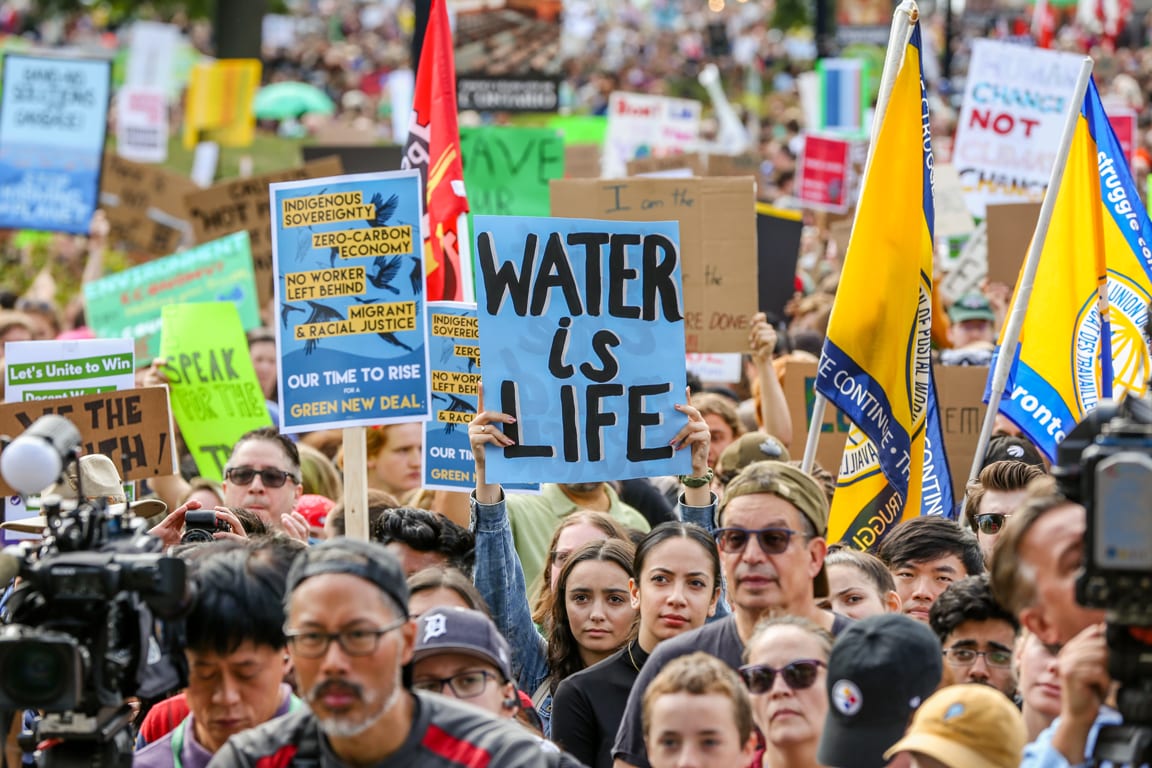
© Shawn Goldberg / Shutterstock
"By addressing the overlooked but devastating freshwater crisis, we can shape a future defined by balance, resilience, and a world that embraces both nature-positive and net-zero goals."



